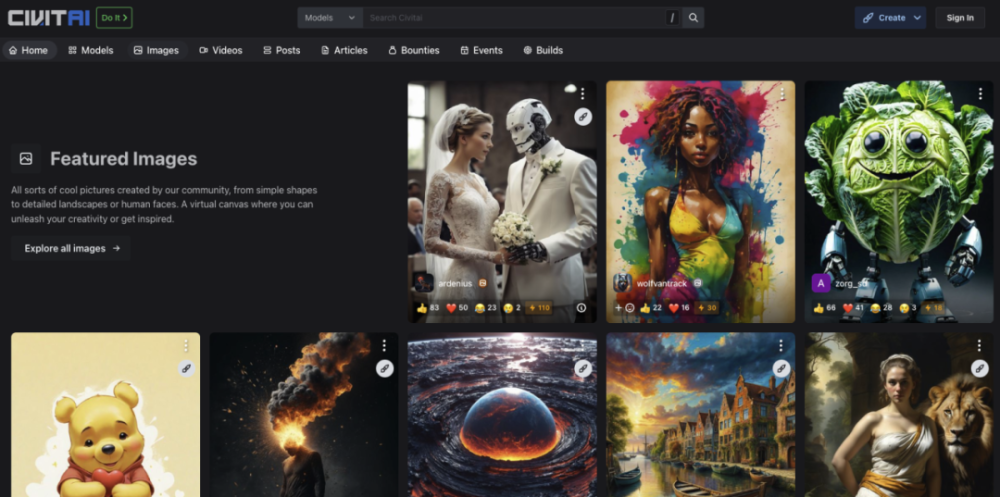
苹果计划在6月WWDC期间推出一款AI应用商店,该商店将囊括各类AI应用,如Google旗下的ChatGPT和Microsoft的Cortana等,同时,苹果还会推荐其自家APP到必装清单中。苹果CEO库克表示,即将在WWDC上展示引入AI元素的新系统和软件,并可能涵盖Siri在内的语音助手升级。此外,苹果还公布了一篇论文《MM1: Methods, Analysis & Insights from Multimodal LLM Pre-training》详细介绍了其在AI领域的研发成果。预计该商店将于Apple iOS 18引入增强的上下文学习、多图像推理等功能,而手机端本地运行的大模型参数量最高可达70亿,这一突破性的举措有望吸引开发者利用AI潜力丰富应用体验。随着AI技术的不断发展,它将成为推动移动应用发展的重要推动力,让新的应用场景和商业模式得以涌现。

Apple May Launch AI App Store: A Revolutionary Step in Mobile Application Development
The latest developments in artificial intelligence (AI) have significantly impacted the landscape of mobile application development, particularly with Apple set to introduce an innovative new store platform called 'Apple AI app store' during the upcoming WWDC conference on June 13, 2023. The store is expected to house a vast array of AI-powered applications that compete with Google's ChatGPT and Microsoft's Cortana, as well as Apple's own suite of apps, including Siri, the company's iconic voice-activated personal assistant.
Apple CEO, Tim Cook, has expressed his excitement about showcasing the integration of AI elements into its systems and software during the WWDC event. He revealed that this is a significant milestone for the company, not only in terms of its commitment to innovation but also in expanding its presence within the AI ecosystem. According to Cook, the Apple AI app store will serve as a comprehensive hub for developers who want to harness the power of AI to create cutting-edge apps that cater to various user needs.
One key feature of the Apple AI app store is its emphasis on contextual learning, allowing users to interact with their devices in specific environments or settings. This involves integrating AI algorithms into existing applications, enabling them to adapt and learn from user behavior and preferences over time. The new app store is likely to provide enhanced support for various scenarios such as shopping, education, entertainment, healthcare, and more, where context-aware AI-driven experiences can improve the overall user experience.
In addition to contextual learning, the Apple AI app store is expected to incorporate multi-modal language models pre-trained using large-scale machine learning datasets like MM1, which represents a significant achievement in the field of multimodal language processing. These models enable applications to understand multiple languages and perform tasks involving natural language understanding, sentiment analysis, and speech recognition with remarkable accuracy. By leveraging these capabilities, developers can build sophisticated applications that leverage AI-generated content, improving the quality and depth of text-based interactions between users and their devices.
Moreover, the Apple AI app store is likely to incorporate enhancements in deep learning and neural networks, such as better image recognition, object detection, and segmentation, to support immersive visual experiences. With the introduction of improved AI-driven augmented reality (AR) and virtual reality (VR) tools, developers can create more engaging and interactive apps that push the boundaries of what users can accomplish through digital interfaces.
To further enhance the AI experience on the Apple iOS device, the company is rumored to introduce "enhanced"上下文 learning, which allows apps to learn more about the current user's environment and adjust their functionality accordingly. This could include features like automatically adjusting audio playback speed based on noise levels, adapting to weather conditions, and even providing recommendations for nearby places to eat, shop, or play sports based on user preferences.
Furthermore, the potential for increased parameterization of apps on the Apple iOS device is expected to drive innovation and allow developers to build more complex and specialized AI-driven apps. The maximum capacity for the AI model parameters on the device is currently pegged at 70 billion, making it possible for developers to experiment with more advanced models without compromising the device's performance or battery life. This aggressive level of parameterization is likely to attract developers looking to push the boundaries of AI modeling, creating entirely new categories of apps that can potentially revolutionize industries such as healthcare, finance, and transportation.
Finally, the integration of AI elements into the Apple iOS app store is expected to pave the way for new applications and business models that exploit the power of AI technology to deliver personalized and intuitive experiences. From chatbots and virtual assistants to recommendation engines and intelligent interfaces, developers can explore endless possibilities for incorporating AI into their apps, leading to new opportunities for innovation and growth.
In conclusion, the launch of the Apple AI app store during the WWDC conference marks a major turning point in the realm of mobile application development. By incorporating AI technologies, the new store is poised to provide developers with a comprehensive platform to build immersive, contextually aware, and highly personalized apps that compete with the likes of Google's ChatGPT and Microsoft's Cortana. As AI continues to evolve and mature, the integration of AI into the Apple iOS app store represents an exciting opportunity for developers to push the boundaries of what is possible and create new applications that shape the future of mobile computing.


















